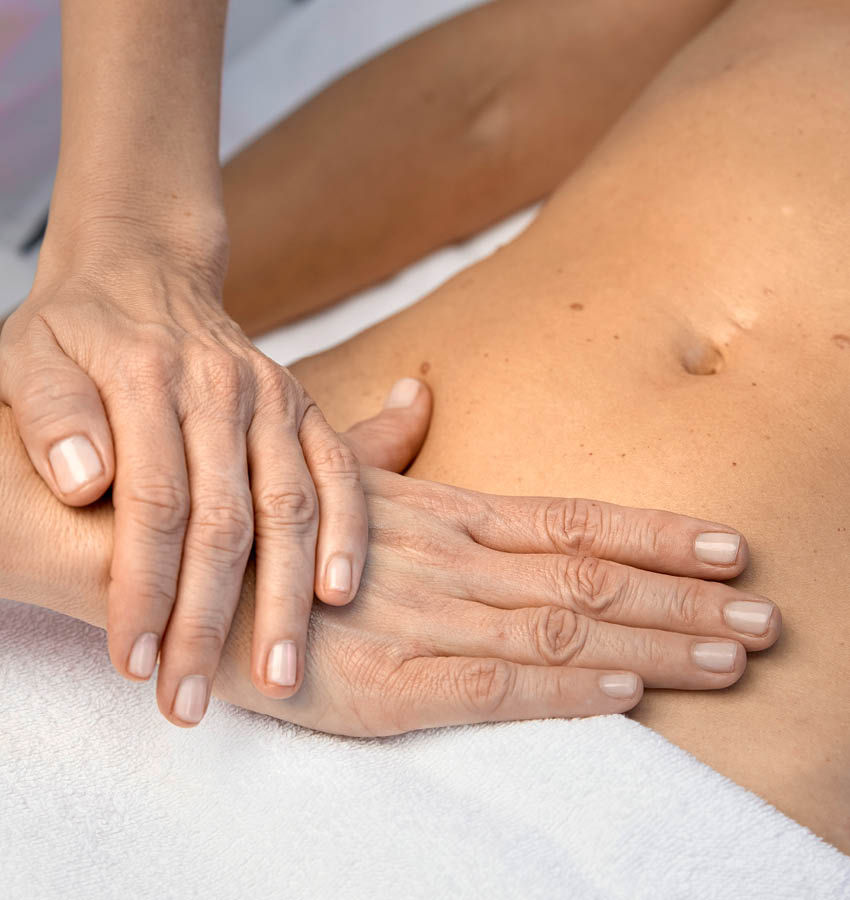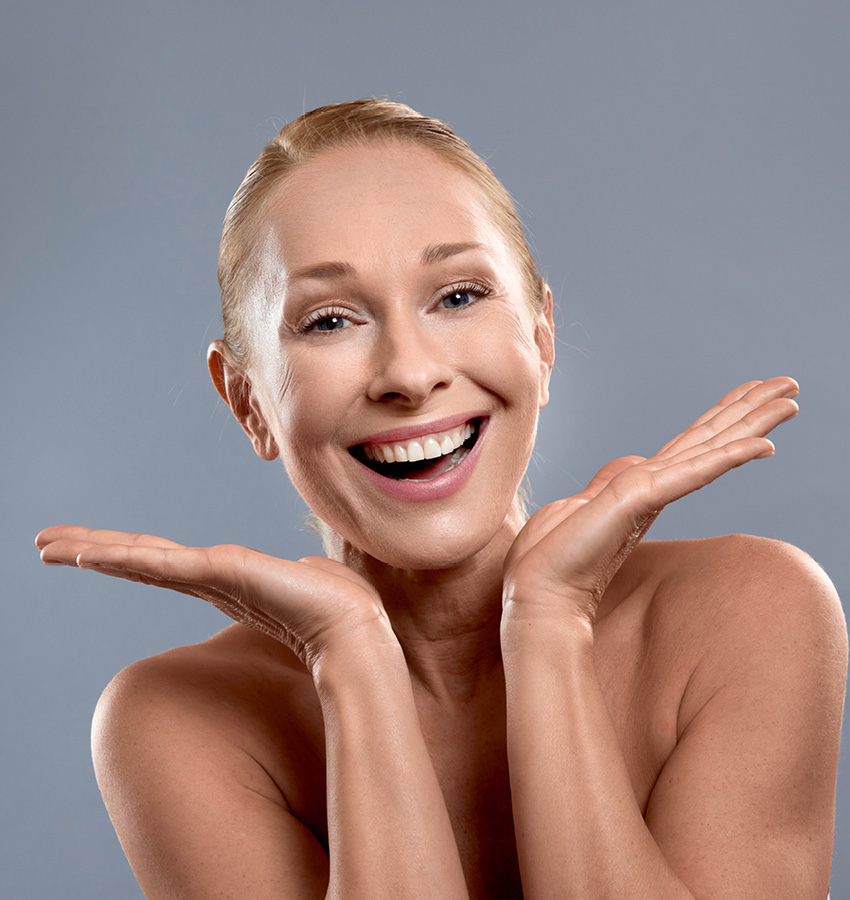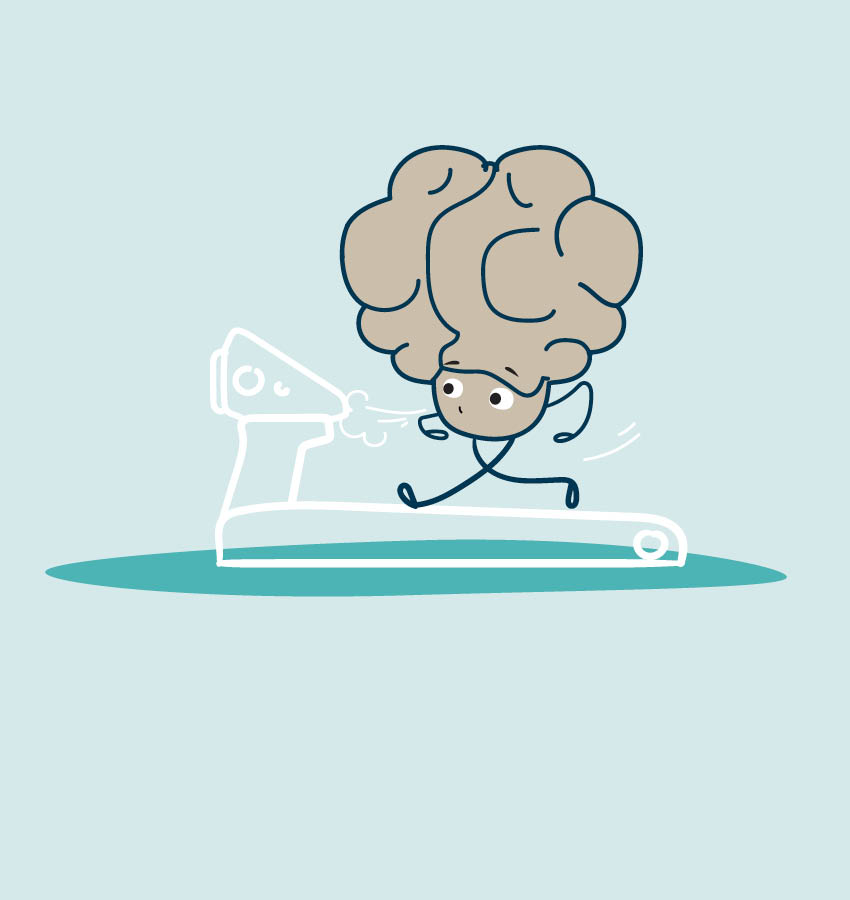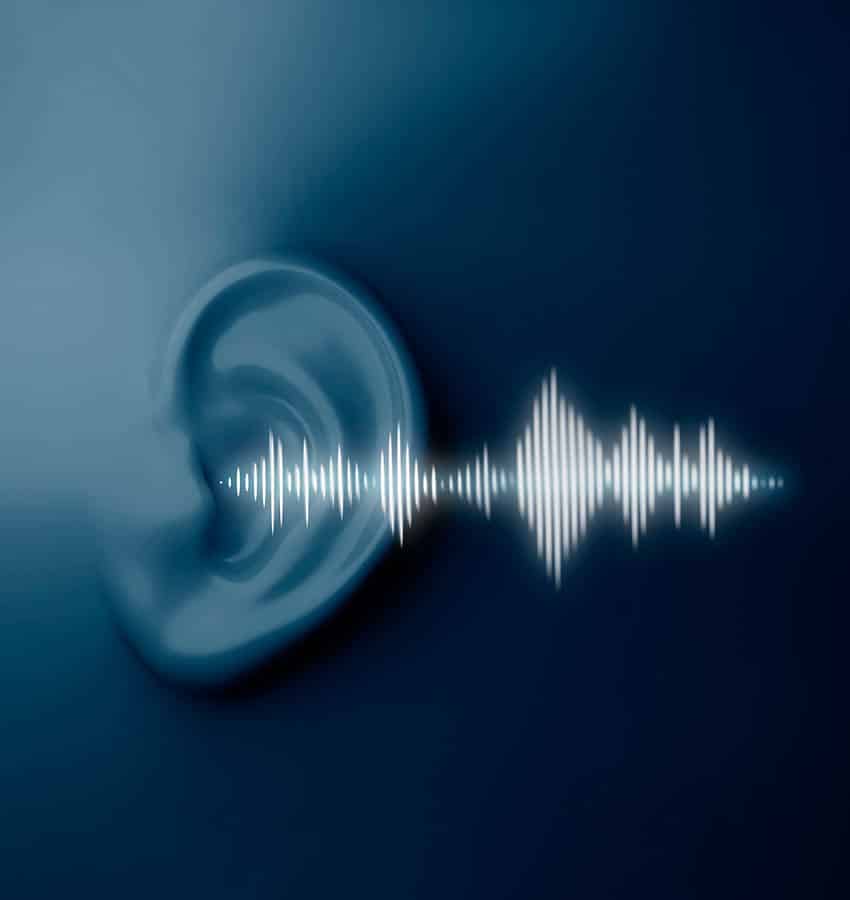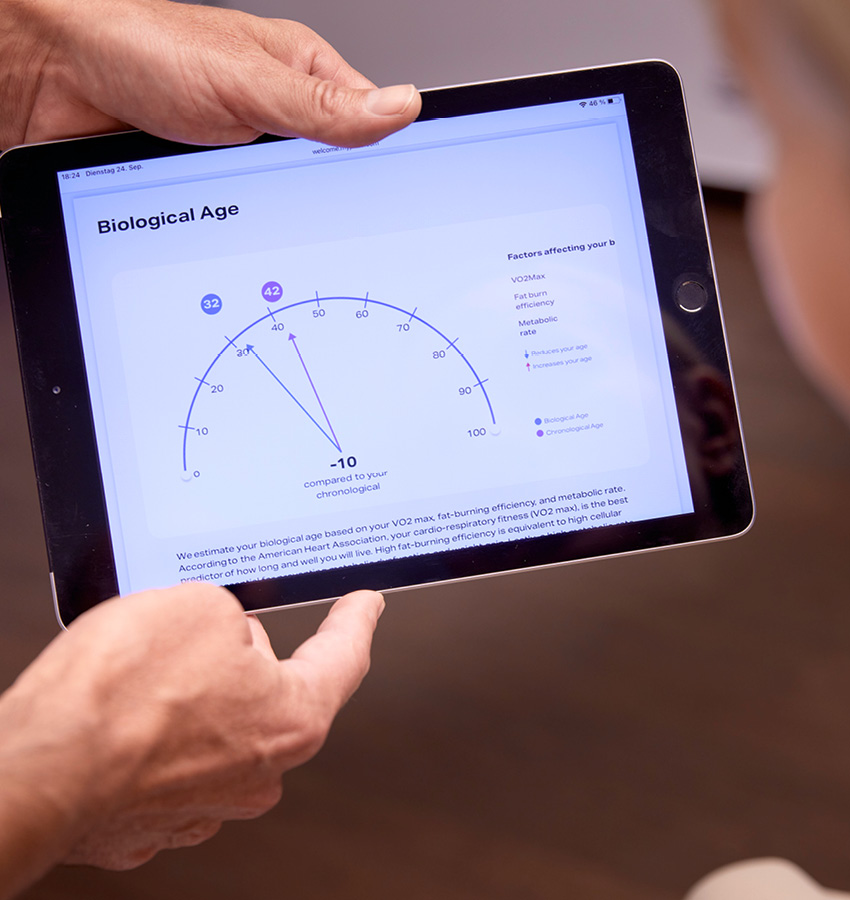/ Neuroaesthetic Medicine
The Brain-Beauty Connection

/ The Sense of Beauty
Our sense of aesthetics follows natural patterns – symmetry is often more appealing than asymmetry, and soft, rounded shapes tend to be preferred over angular ones. Each time we perceive something beautiful – whether a colour, shape or scent – hundreds of billions of neurons in the brain are activated. The emerging field of neuroaesthetic medicine explores these processes, using neuroscience biohacking to develop innovative treatments.
Aesthetics is fundamentally about the perception of beauty – a concept that Plato, Aristotle and Socrates explored extensively. Many centuries later, German philosopher Alexander Baumgarten (1714–1762) established aesthetics as an independent discipline, focusing on sensory knowledge.
/ What is Neuroaesthetics?
Neuroaesthetics, a term introduced by British neuroscientist Semir Zeki, explores the link between visual perception, neurobiology and aesthetics. Since the 1990s, research has shown that the brain actively responds to visual stimuli, influencing our decisions and actions. Aesthetic experiences also activate the brain’s reward system, releasing dopamine, serotonin and oxytocin – hormones that trigger positive emotions and wellbeing.
/ Aesthetic Medicine Through The Lens of Neuroaesthetics
Our senses, emotions and experiences shape our perception of beauty, influenced by both individual and cultural factors. Neuroaesthetics explores how art, the brain and emotions interact within social and spatial contexts. This knowledge is now being applied in aesthetic medicine, allowing treatments to be tailored to both the individual and the psychological aspects of beauty.
/ Mylife Changer® Neuroaesthetic Medicine –
Natural Beauty and Inner Balance
At his private practice for aesthetic medicine, Dr Alexander Papp focuses on reversing ageing processes. His innovative treatments are designed to support health, promote a natural aesthetic and rejuvenate cells at every stage of life. Below are five key connections between neuroaesthetics and aesthetic medicine:
/ Neurocosmetics: How The Brain Influences The Skin
For nearly 20 years, scientists have been exploring the direct link between brain and skin – a field known as neurocosmetics. Stress is a major trigger for acne, psoriasis and eczema. When stress levels rise, cortisol is released, disrupting hormone balance, triggering breakouts and affecting gut bacteria – key factors in skin health. Treatments such as device-based neuroscience biohacking sessions show measurable effects in the brain, leading to positive skin improvements.
Targeted mental activation promotes emotional balance which directly enhances the skin’s appearance. Muscle tension eases, expression lines soften and an instant lifting effect occurs. In the medium and long term, neuro-relaxation acts as a natural anti-inflammatory, helping to reduce irritation, eczema and acne.
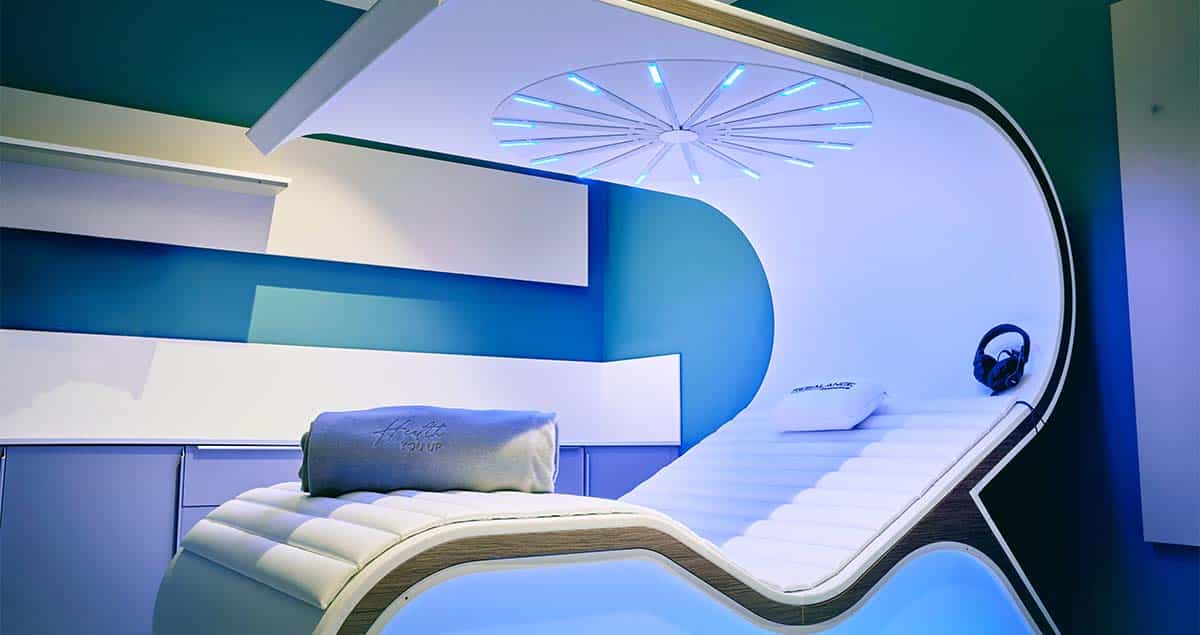
Conclusion: Neuro-meditation sessions promote deep relaxation and wellbeing, creating the ideal conditions for cosmetic and aesthetic treatments. By reducing stress and enhancing the absorption of active ingredients, they optimally prepare the skin. Whether treatments are invasive or non-invasive, relaxed skin allows treatments to work more effectively, supporting the stimulation of the epidermis (the outer protective layer) and the dermis (the deeper layer responsible for elasticity and recovery).
Photo credit: © Freepik

